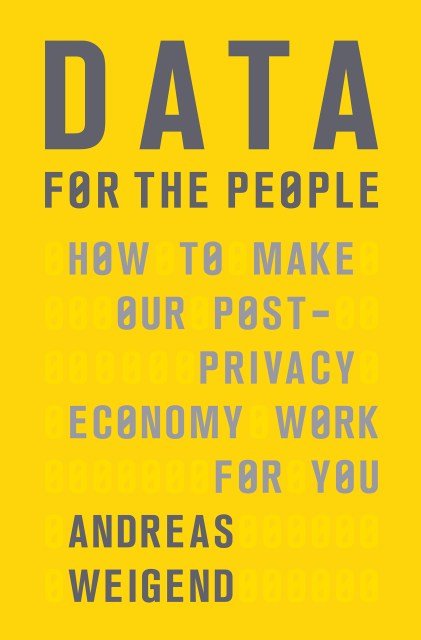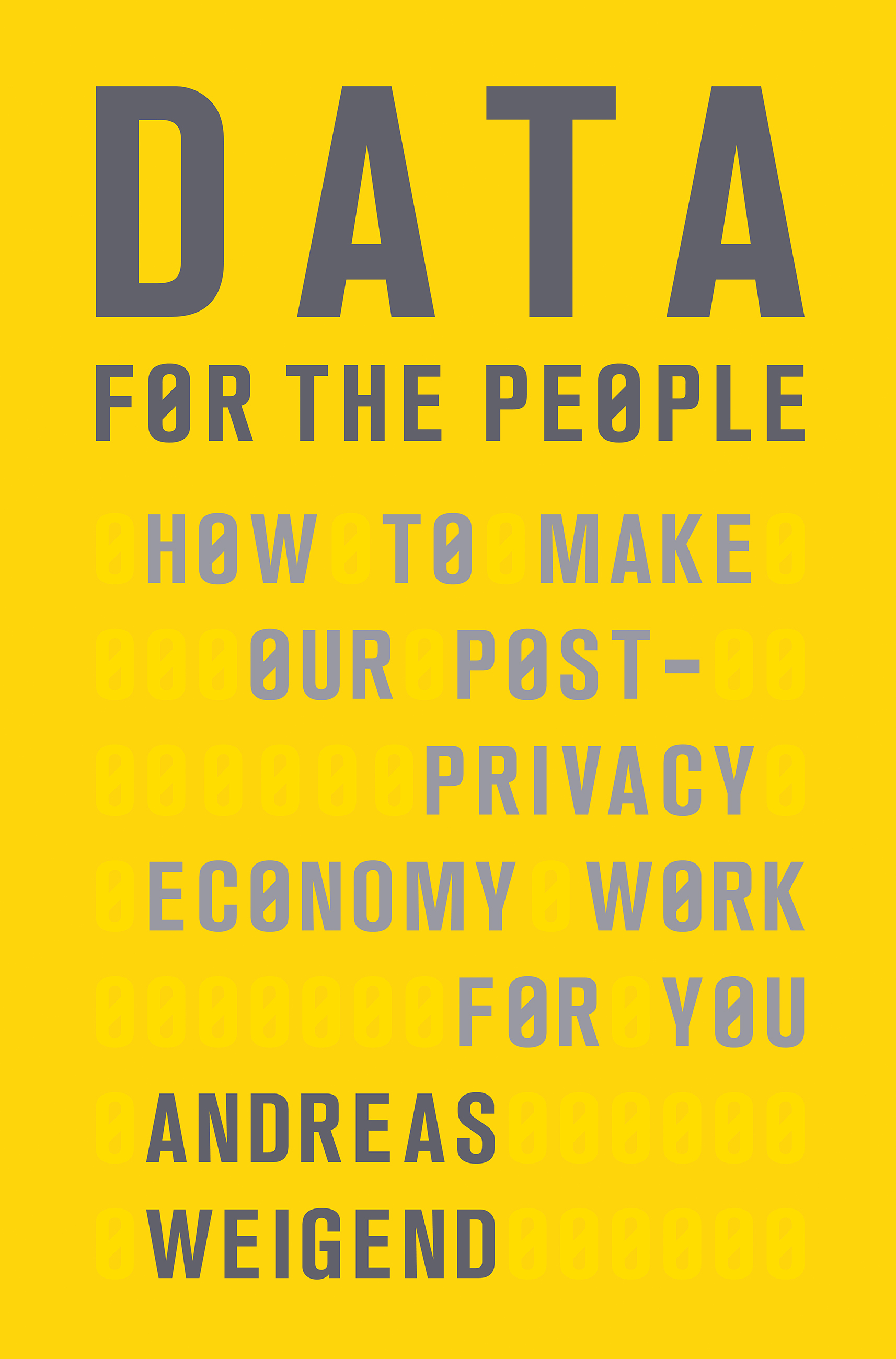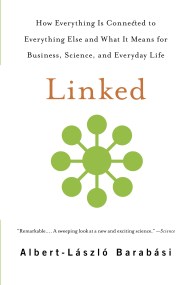By clicking “Accept,” you agree to the use of cookies and similar technologies on your device as set forth in our Cookie Policy and our Privacy Policy. Please note that certain cookies are essential for this website to function properly and do not require user consent to be deployed.
Data for the People
How to Make Our Post-Privacy Economy Work for You
Contributors
Formats and Prices
- On Sale
- Jan 31, 2017
- Page Count
- 272 pages
- Publisher
- Basic Books
- ISBN-13
- 9780465096534
Price
$18.99Price
$24.99 CADFormat
Format:
- ebook $18.99 $24.99 CAD
- Hardcover $37.00 $47.00 CAD
This item is a preorder. Your payment method will be charged immediately, and the product is expected to ship on or around January 31, 2017. This date is subject to change due to shipping delays beyond our control.
Buy from Other Retailers:
Every time we Google something, Facebook someone, Uber somewhere, or even just turn on a light, we create data that businesses collect and use to make decisions about us. In many ways this has improved our lives, yet, we as individuals do not benefit from this wealth of data as much as we could. Moreover, whether it is a bank evaluating our credit worthiness, an insurance company determining our risk level, or a potential employer deciding whether we get a job, it is likely that this data will be used against us rather than for us.
In Data for the People, Andreas Weigend draws on his years as a consultant for commerce, education, healthcare, travel and finance companies to outline how Big Data can work better for all of us. As of today, how much we benefit from Big Data depends on how closely the interests of big companies align with our own. Too often, outdated standards of control and privacy force us into unfair contracts with data companies, but it doesn’t have to be this way. Weigend makes a powerful argument that we need to take control of how our data is used to actually make it work for us. Only then can we the people get back more from Big Data than we give it.
Big Data is here to stay. Now is the time to find out how we can be empowered by it.
Genre:
Newsletter Signup
By clicking 'Sign Up,' I acknowledge that I have read and agree to Hachette Book Group's Privacy Policy and Terms of Use







